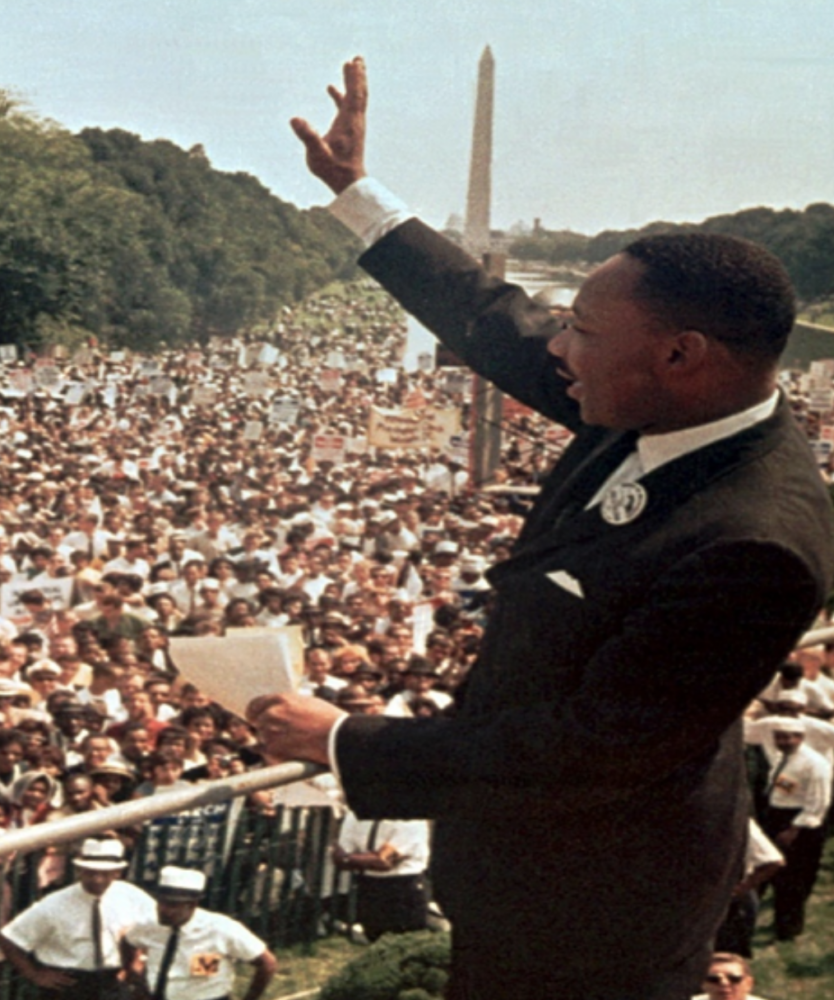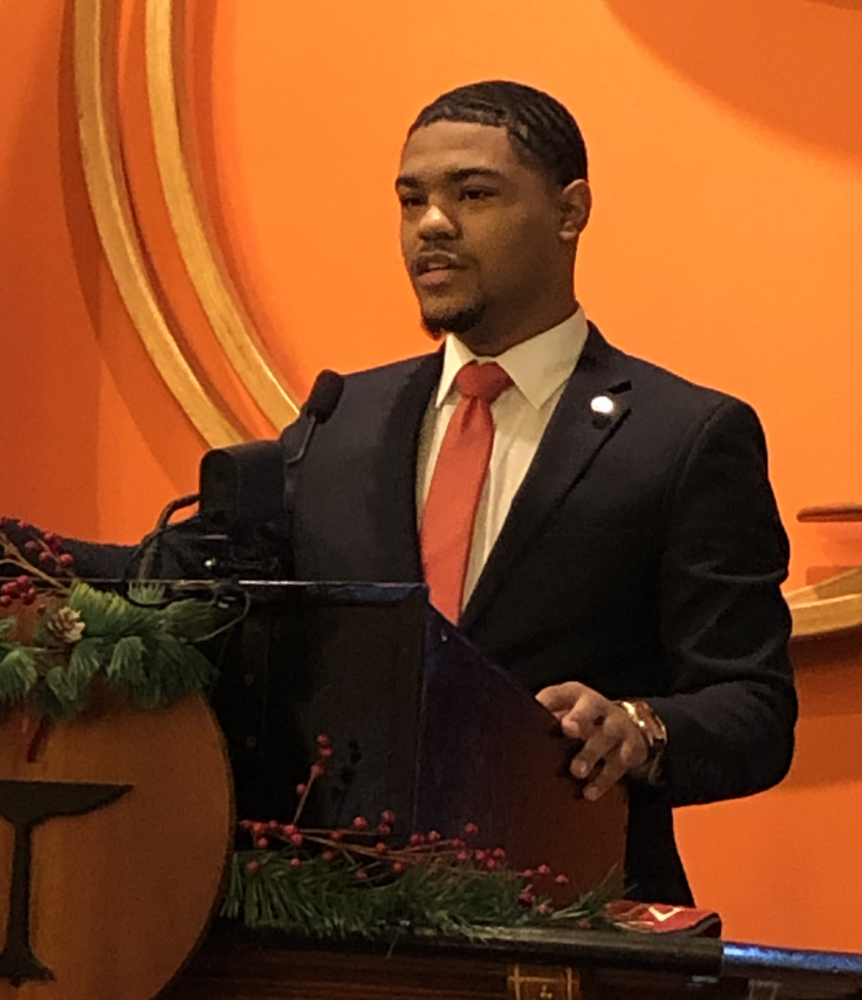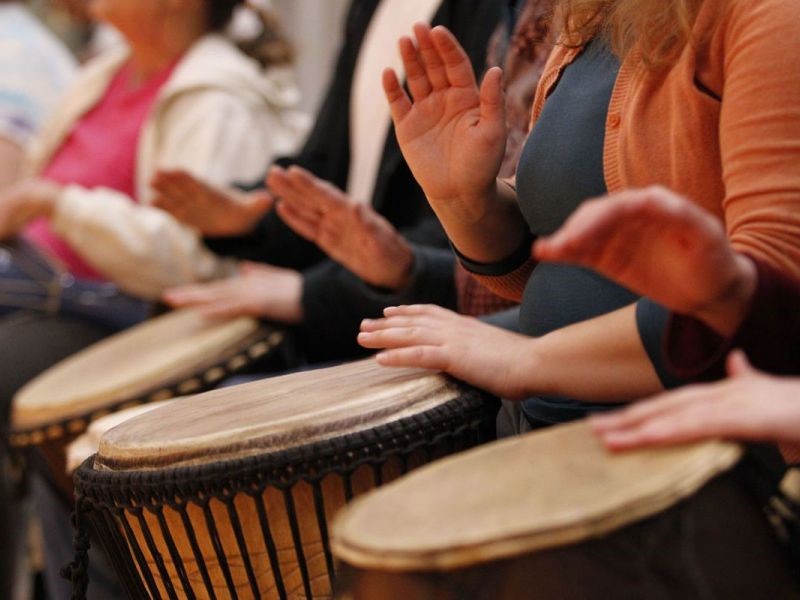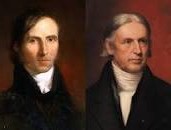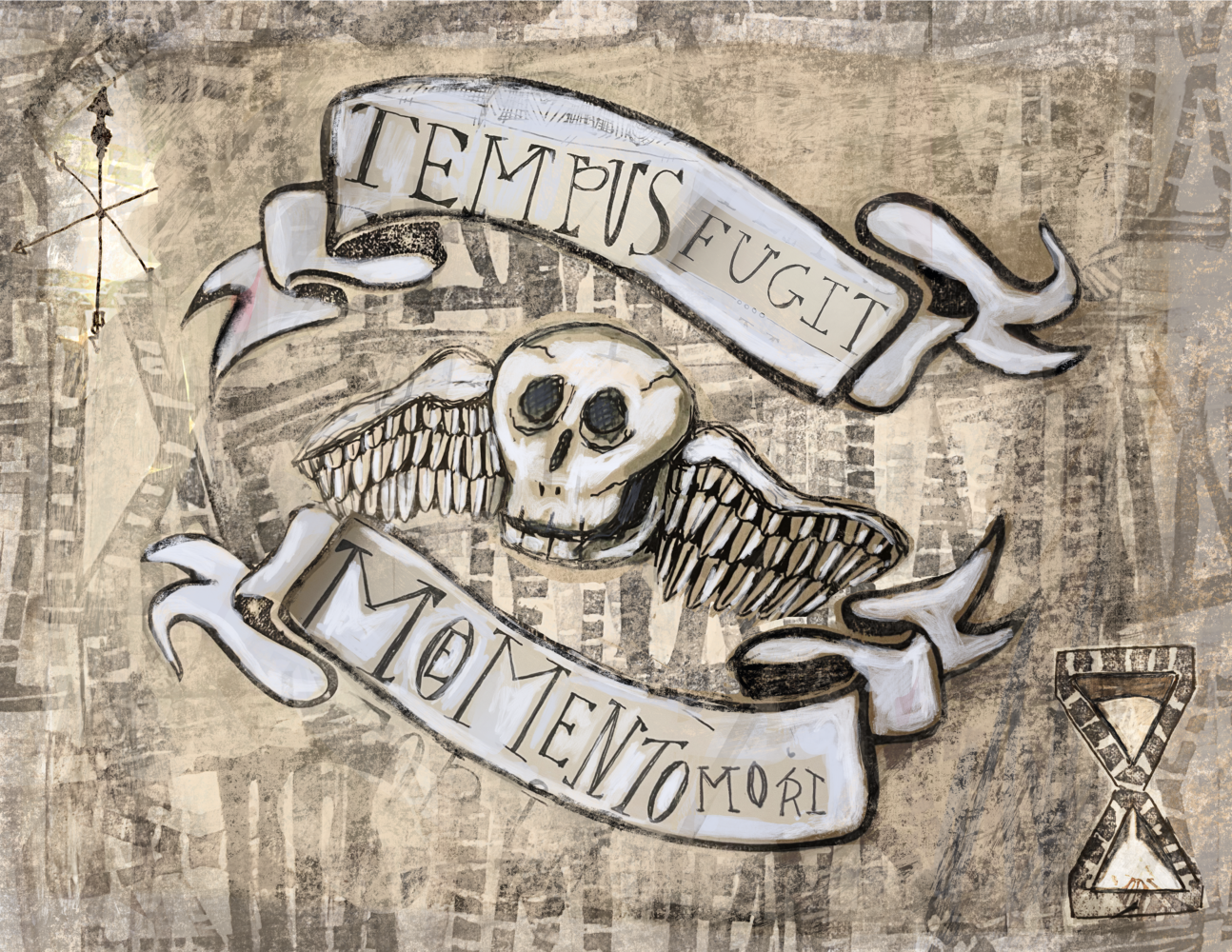Few things get my blood boiling like hearing, “the 2020 election was rigged,
Sleepy Joe Biden is a total disaster, the far left radicals love criminals but hate
the police, or illegal immigration is destroying America.” In one fell swoop,
you have insulted my intellect, my judgment and my people. You have
misrepresented my viewpoint. You have questioned my basic values. You have
put forth a vision of the world that scares me.
Hmmm…. I’ve certainly put myself in a quite challenging position, one where a
single political statement takes me down a well-worn path that always ends in
visions of Armageddon and existential dread. I think to myself, “This can only
mean one thing. This far right insanity is going to spread and the world will not
be a safe place for me and those I care about.” Talk about catastrophic
thinking!
But if I’m so sure I’m right, then why do I feel threatened? And why do I feel
especially threatened when the comment comes from someone I love and
admire? Is the real fear that I am wrong? Is the real fear that the beliefs and
values on which I’ve built my entire life are not the only valid ones? Is the fear
that out of the 7 billion or so people on this planet that possibly my opinion
alone is not the right one in every single way? Is it possible that my
experiences in this life are so remarkably representative of the “human
experience” that there is no need for further exploration, no need to hear about
others’ personal experiences? Or maybe the real fear is that hearing another
viewpoint might change my mind and I’d then have to question everything I’ve
built my life around?
Maybe our 4th principle can give us some guidance here. Our 4th principle
supports “a free and responsible search for truth and meaning.” Which aspects
of ourselves represent our “truth”? Is it our beliefs about the origins of the
universe and the existence of a divine being or beings? Is it our sexuality and
gender identity? The type of music we love? The type of career we pursue? Our
friends and family? Our hobbies? Our faith? Our past? Our goals and dreams
for the future? Our political beliefs? Or do perhaps all of these are aspects
come together to form our own personal truth and meaning?
If we truly believe we are here to support one another’s “free and responsible
search for truth and meaning,” if we want the freedom to be vulnerable among
friends, if we want others to feel comfortable being vulnerable in our presence,
if we want to create a true sanctuary of the spirit, then we need to allow one
another to bring our full selves to this fellowship. We need to allow for a
diversity of views. We need to allow others to share their darkest moments,
their past mistakes and their present truths without shame or embarrassment.
We cannot deny members of our congregation the right to define themselves in
all ways – including political. If you’ve ever been to relationship counseling,
you may have heard that “scorn” or “contempt” are deadly to relationships.
You cannot be disgusted by someone, you cannot see someone as less than
human or less than you and still maintain a loving relationship with them.
Here at BUUF, here in the UU tradition, respect and compassion are at the
core of what we do. Rev. Anya Sammler-Michael of the UU Congregation of
Sterling puts it this way, “The main point of our free faith enterprise is
encouragement of different views – an honest and open engagement in a
compassionate space. If we sacrifice that and ask people to be hypocrites – to
give up a piece of themselves if what they are is different politically from the
norm – then we sacrifice everything that makes our congregations sacred
ground. We sacrifice our capacity to practice the beloved community and
therefore we sacrifice our capacity to learn how to do it in the world at large.
Could we [instead] see our willingness to be with one another even, and
especially when, we do not agree, as our most profound blessing?”
One great insight of many Asian religions is that Ying and Yang are not
enemies and that the dark and the light exist together in the same space. For
example, consider these opposing truths: Welfare helps people who have
legitimate challenges supporting themselves AND some people commit welfare
fraud. MLK, Jr. was a great leader AND a womanizer. America’s founding
fathers created a more equal form of government AND oppressed women and
slaves. The Buddha abandoned his family AND helped release millions from
suffering. Humans are the product of both nature AND nurture. Capitalism has
fostered innovation and AND inequality. There are a lot of good causes AND
there is not enough time or money to address them all. And yet it is very hard
for any human mind to accept that two opposing realities can both be true at
the same time. We work to eliminate uncertainty at all costs, even if it means
ignoring or severely downplaying one opposing reality in favor of another.
In essence, we are clinging to our sense of certainty, to our sense of security, as
if learning we are wrong or even that the truth is more complicated than we
are willing to admit will be the end of us and the end of the world as we know
it. And maybe it will be, because after all the only world we know is the one we
hold in our minds, our stream of consciousness, our unconscious paradigms.
But we are assuming that it will be the end and not a rebirth or a fine tuning of
our perspective. We enjoy hearing experts and famous people agreeing with
our views and denouncing those with opposing views without realizing that this
desire for certainty and approval, this avoidance of fear, makes us vulnerable
to biased thinking and manipulation. Rather than strengthening our minds, it
weakens them, not to mention how it weakens our relationships and our
society.
On the other hand, the only real truth, according to the Buddha, is
impermanence. When we cling to earthly desires, such as approval from our in-
group, political power and self-righteousness, we are setting ourselves up for
suffering. Cravings like these may bring immediate pleasure but also reinforce
our enslavement to a fragile world. Rather than relying on echo chambers and
partisan news outlets to shore up our feelings of security, of righteousness, we
could choose instead to embrace ambiguity, to recognize that the truth is often
contradictory and multi-faceted. We could choose to detach from our desire for
certainty and to remember that everything changes, even our politics.
The Buddha said, “Those attached to perception and views roam the world
offending people.” More recently, the Vietnamese Buddhist sage Thích Nhất
Hạnh (Teek Nyaht Hahn) wrote in his book Being Peace, “Humankind suffers
very much from attachment to views.” It is possible to advocate for what we
believe is right without becoming emotionally attached to it, without clinging to
it for dear life, and while maintaining great compassion for both ourselves and
others who are also seeking certainty and also struggling with detachment.
We would all do well to remember that many of our most passionately held
views come out of our own unique experiences, our own unique biology, and
possibly our own deepest fears. And we might choose to remember that other
people’s political views say more about their fears and anxieties than our own.
I might not agree with my friend about taxation or student loan forgiveness, but
we can still work together at the soup kitchen.. And I can help create a
sanctuary at BUUF where others feel it’s okay to be vulnerable, to admit their
struggles with addiction or to come out as gay, Christian or even – gasp –
Republican.



